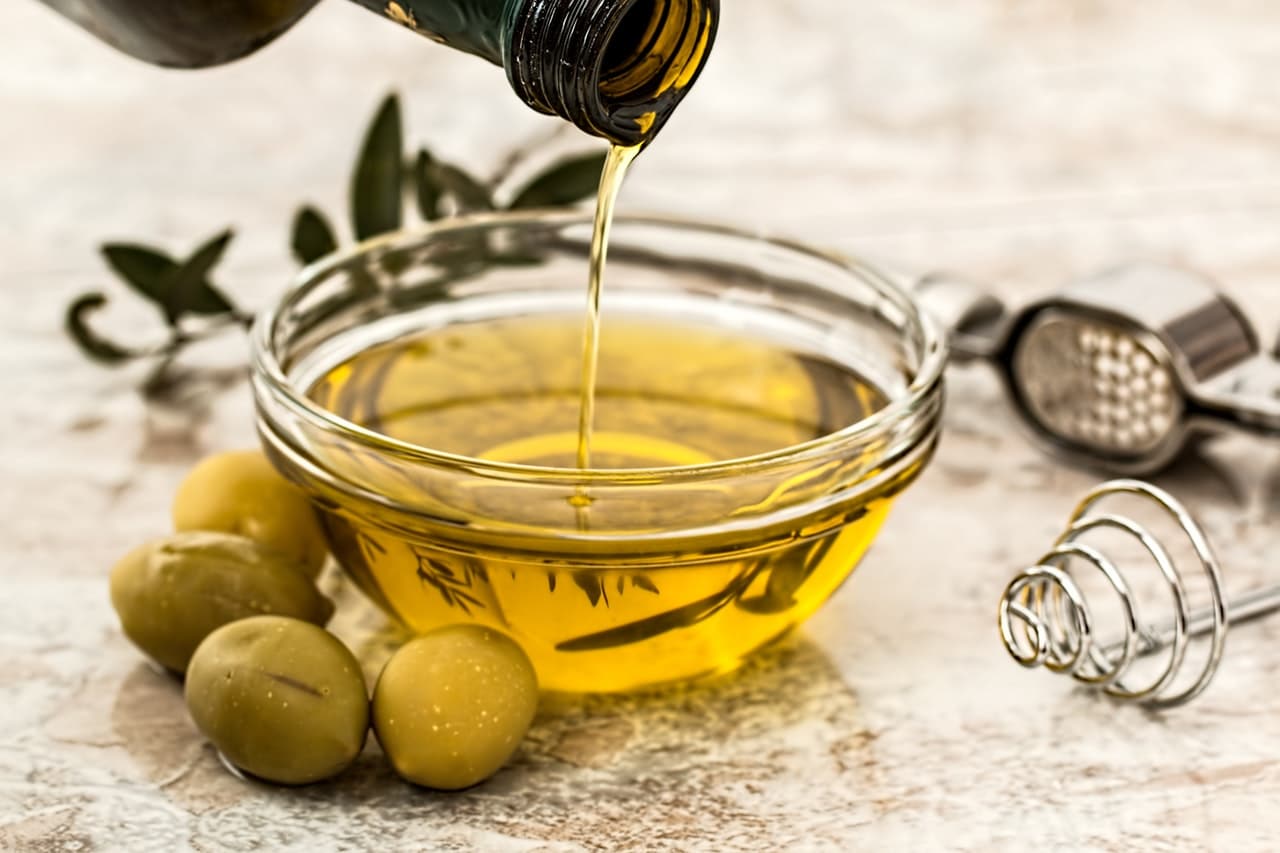

For thousands of years, olive oil has been a staple ingredient in cuisines across the Mediterranean and around the world. Beloved as a salad dressing, a health product, and the base for countless dishes, olive oil has become one of the most sought-after cooking oils in the world.
The global appetite for this distinctive product has fuelled a massive olive oil industry in countries like Spain, Greece, Turkey, Italy, and Morocco, Syria, and Tunisia, and as worldwide consumption has grown, so too has the industry’s environmental footprint.
As with most agricultural products, concerns about sustainability have grown in proportion to scale: a cottage industry necessarily produces significantly less waste than a factory production line, and with an estimated 3,131,000 tonnes of olive oil produced in the 2018-2019 season alone, minimizing the impact of the industry’s by-products has become a pressing concern.
One of the most significant of these by-products, both in terms of volume and in terms of potential value, is the pit of the olive. The largest olive processor in the United States alone produces around thirteen billion olive pits, which places a significant strain on landfills. But olive pits are also an excellent source of fuel, having an energy rating of 8,800 Btu per pound.
Using olive pits as a source of fuel is an exciting opportunity for olive oil producers to switch to greener fuel and deal with their production waste at the same time. And with heat transfer technology that makes it more efficient to process the pits themselves, turning pits into a useful source of fuel is easier than its ever been (if you want to know more about how this works, see what Solex Thermal has to offer in the world of energy efficient heat exchangers for use in the olive oil industry).
While burning olive pits has provided many manufacturers with an excellent and sustainable source of fuel, there is still the problem of what to do with the lower quality oils that are also a by-product of production.
Olive oil is a gourmet product, and the finest pressings can command significant prices. Grading olive oil to ensure quality control has always been part of the business, and manufacturers who want to move in a more sustainable direction often struggle to balance the imperative to only sell the best with the desire to be less wasteful.
One of the solutions to this problem has been to get as much oil out of olives as possible without misdirecting customers about the quality of the produce they are getting. For example, olives that have been processed once are often still capable of giving oil — it just doesn’t provide the delicate taste and beautiful color one finds in the best olive oils.
This secondary oil, when marketed as pomace oil, can be used in deep-frying (when refined) or used for industrial applications (when unrefined). This ensures that as much use is made of the olives as possible, and provides a financial incentive for olive oil producers to reduce the wastefulness of their production operations.
Olive oil plays the leading roles in some of the most famous cuisines in the world, and in addition to its numerous health benefits, its unmistakable taste imparts a Mediterranean flavor to any dish in which it is used. As olive oil use rises around the globe, techniques and technologies designed to make the industry more efficient will only become more essential to its environmental sustainability.
If you are interested in even more business-related articles and information from us here at Bit Rebels, then we have a lot to choose from.
Warehouses are changing fast, pushed by rising demand, tighter safety standards, and the constant shuffle…
Cybersecurity is no longer a task for governments and large corporations in the connected world…
Fame is a powerful force that extends beyond a celebrity’s lifetime. Icons like Marilyn Monroe,…
In an era where sustainability, transparency, and corporate responsibility are paramount, businesses are under mounting…
In today’s fast-paced and competitive business environment, managing intellectual property (IP) is more crucial than…
Working in tight or confined spaces is one of the most common challenges in modern…